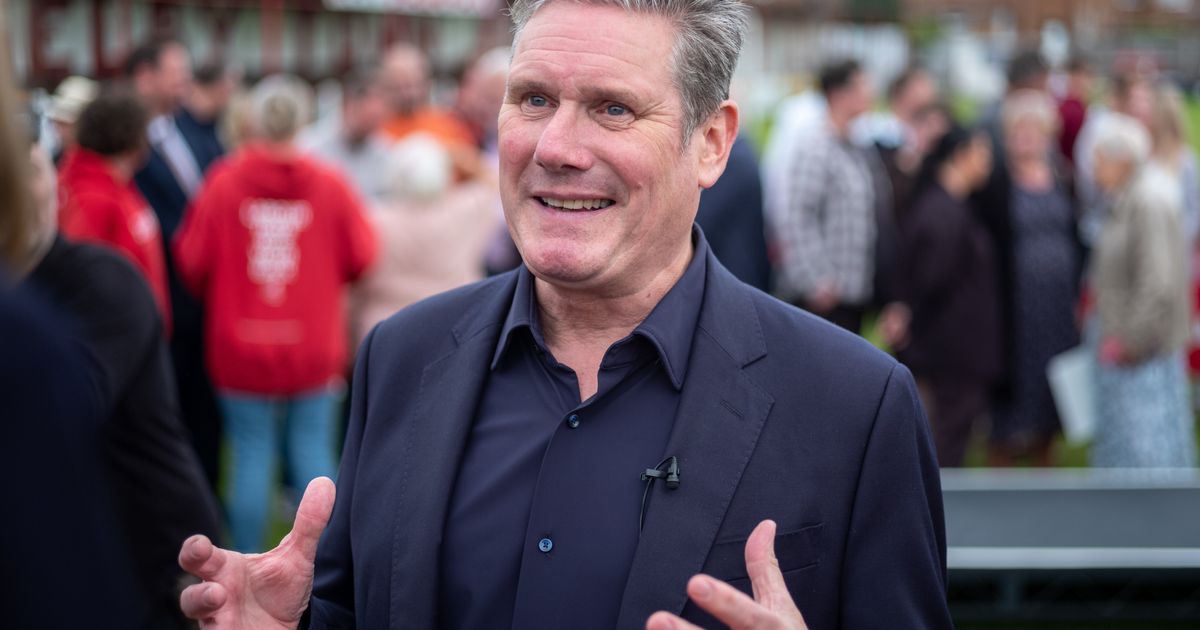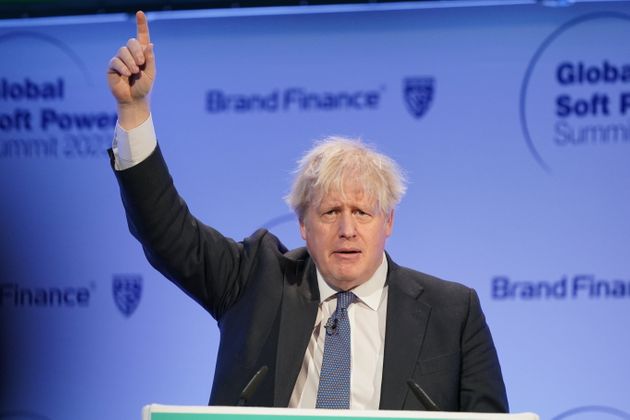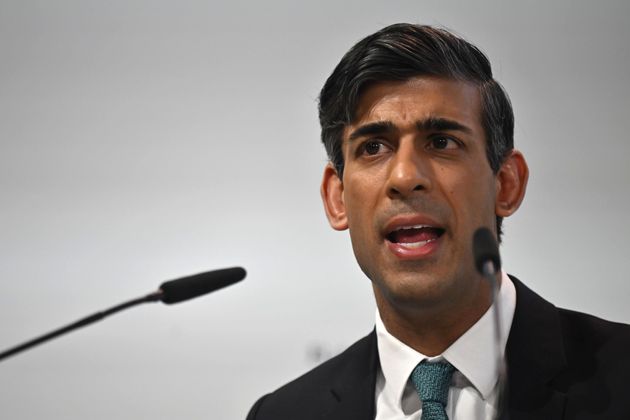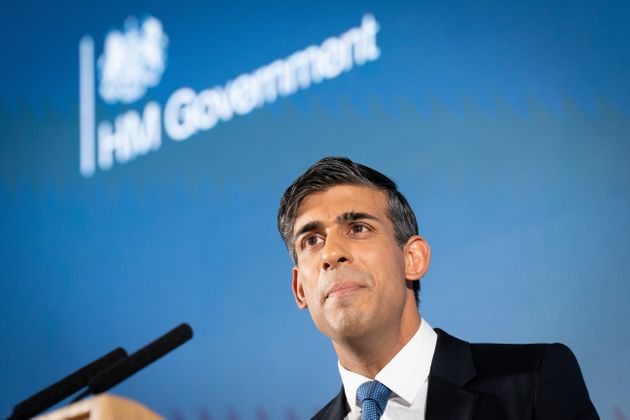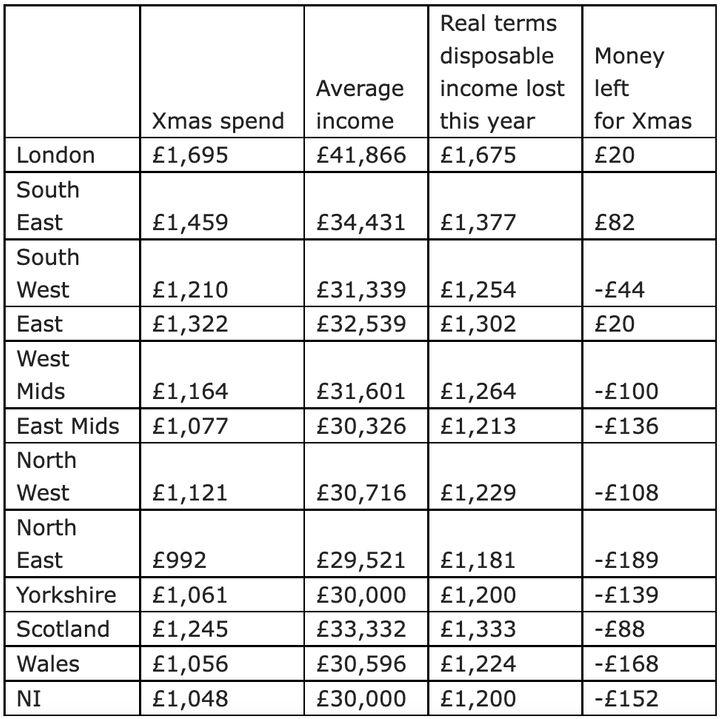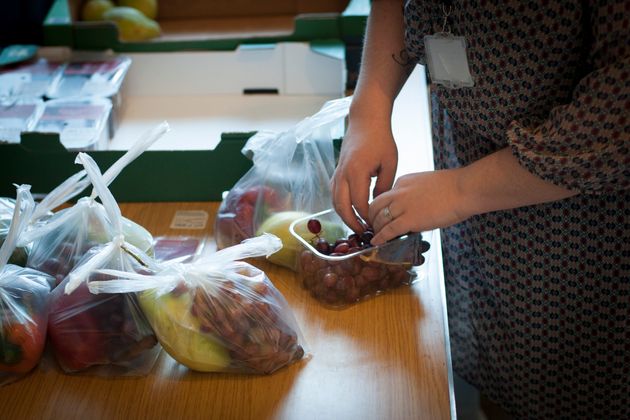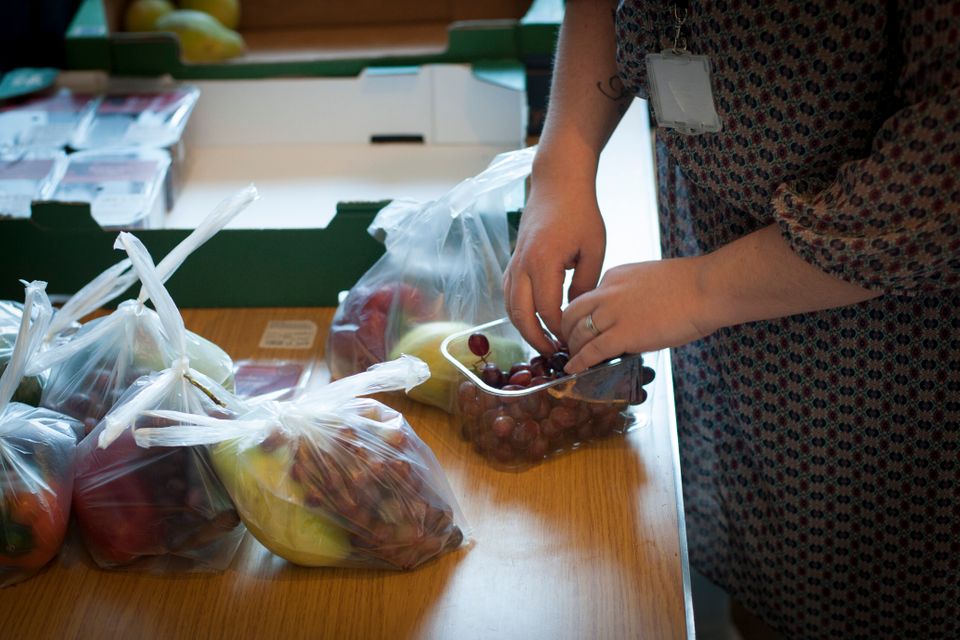
The Conservative government has been criticised over the UK’s “nose-diving” record after a “dismal year for human rights”.
Human Rights Watch (HRW) has just torn into the UK over the government’s policy decisions from the last year, demolishing its action (or inaction) on migration, LGBTQ+ rights and its foreign policy – to name just a few.
Advertisement
In its 740-page World Report 2024, released on Friday, the specialists left no stone unturned – and concluded that the UK government “eroded domestic human rights protections and reneged on important international obligations.”
The UK director at the organisation, Yasmine Ahmed, added: “The UK had another dismal year for human rights in 2023.”
The report pointed to the government’s 2023 legislation criminalising protesters, the Public Order bill, and its attempts to introduce anti-boycott laws.
HRW criticised the parts of the Conservative Party which are still trying to pull out of the European Convention on Human Rights, so that it does not obstruct the Rwanda bill.
Advertisement
Then the scathing report moved onto the new legislation meant to ban those who arrive “irregularly” to the UK – the Illegal Migration Act.
It said this was a “flagrant breach of the UK’s international obligations, including under the UN Refugee Convention”.
“The UK had another dismal year for human rights in 2023.”
– Yasmine Ahmed, UK Director at Human Rights Watch
It also lashed out at the Tories for failing to “take meaningful steps to tackle institutional racism and address past wrongs” within the UK, including those still waiting for compensation from the Windrush scandal.
HRW noted the government had “failed to set social security payments at a level that ensures recipients can enjoy their rights and live with dignity” even amid an ongoing cost of living crisis. It noted how food bank usage, and homelessness, have increased, too.
Advertisement
It then moved onto women’s rights, noticing how the gender pay gap was still a problem, that there have been recent campaign efforts for the government to overhaul outdated abortion laws in England and Wales.
The specialists recognised that there’s been a surge in anti-LGBT violence in the UK too, and called out the “government’s undermining of protections for the rights of trans women and over-representation of LGBT people among the unhoused population.”
PM Rishi Sunak was slammed over the decision to backtrack on key climate policies too, and called to do more to “tackle racial disparities of climate change effects in the UK”.
Britain was praised for its actions highlighting Russia’s invasion of Ukraine – but HRW was swift to then criticise it for appearing to be “turning a blind eye to ongoing abuses” in Rwanda amid the plan to deport asylum seekers who arrive “illegally”.
The report added: “UK anti-immigrant policies at home have contributed to the government’s failure to resettle vulnerable Afghans.”
Advertisement
Finally, it touched on the UK’s abstention from a UN Security Council resolution in October calling for full humanitarian aid to Gaza, and the release of Hamas hostages amid the ongoing Israel-Hamas war.
And so, the specialists concluded: “The UK’s nose-diving domestic human rights record undermined its efforts to promote the rule of law and human rights globally.”
These findings come as the Conservatives continue to trail significantly behind Labour in the polls, and less than a year before voters are expected to head to the ballot box.



